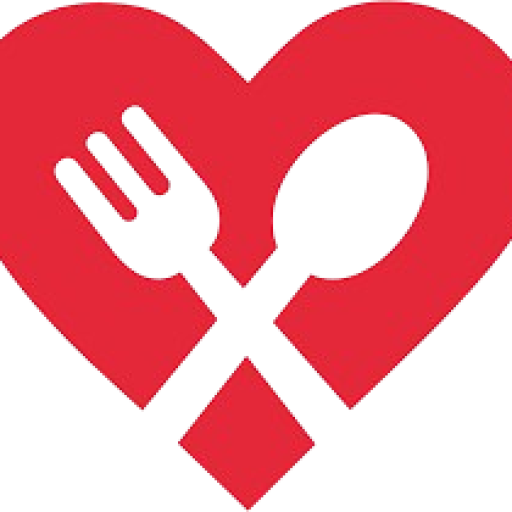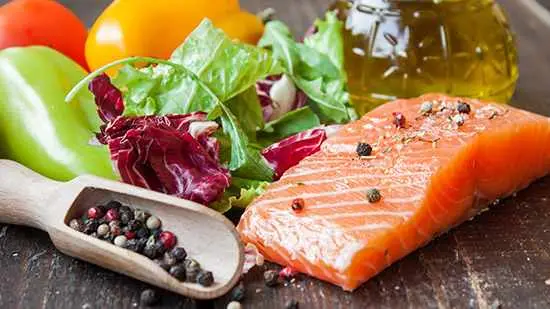MANKATO, Minn. — With those New Year’s resolutions six weeks behind us, some people may have reverted to less healthy ways of eating. Heart Month is a great time to remind yourself why a healthy diet is important for more than just your waistline.
“What you eat and drink affects your cholesterol and triglyceride levels, and if you have high cholesterol or triglyceride levels, your healthcare team may recommend following a cholesterol-lowering diet,” says Ripu Singh, M.D., a cardiologist at Mayo Clinic Health System in Mankato and Waseca.
High cholesterol could cause your heart arteries to harden, a condition called atherosclerosis, which could lead to coronary artery disease. In addition, hardened arteries may allow a coating called plaque to build up and partially block your arteries. Blocked arteries can lead to low blood flow in the heart and chest pain.
What are triglycerides and cholesterol?
Triglycerides and cholesterol are types of lipids, or fats, which circulate in your blood. Triglycerides store unused calories and provide your body with energy. Cholesterol is used to build cells and certain hormones.
Cholesterol is made mainly by the liver but can also can enter your body in the foods you eat that contain animal fat. Foods that come from animals or contain animal fat include meat, egg yolks, lard and dairy products. The type and amount of fat you eat can influence how much cholesterol your body makes.
Your body makes triglycerides from excess calories, regardless of the calorie source, such as fat, protein or carbohydrates. Triglycerides also are made from excess sugar and alcohol. High triglyceride levels are a risk factor for heart disease.
Lifestyle choices for improving your levels
Your healthcare team may recommend some of these lifestyle changes to improve your blood cholesterol levels and lower your triglyceride level:
- Eat a plant-based diet.
Eat more high-fiber foods from plants. Choose 100% whole grains, whole fruits and vegetables. - Exercise regularly.
- Get to and stay at a healthy body weight.
- Limit or avoid trans fats.
Trans fats can raise blood cholesterol. - Limit your intake of high-cholesterol foods.
Reduce consumption of foods like egg yolks, organ meats, animal fat and high-fat dairy. - Lower your total fat intake.
All oils and fats are high in calories. - Lower your saturated fat intake.
Saturated fat can raise blood cholesterol. - Replace saturated fats with unsaturated fats.
Unsaturated fats can lower your blood cholesterol levels. Monounsaturated fats are preferred. Polyunsaturated fats are OK.
“You can still enjoy foods you love, but you should prioritize a heart-healthy diet and eat less-healthy foods in moderation. Small changes can make a big impact in reducing your risk of heart disease,” says Dr. Singh.
About Mayo Clinic Health System
Mayo Clinic Health System has a physical presence in 44 communities and consists of 53 clinics, 16 hospitals and other facilities that serve the healthcare needs of people in Iowa, Minnesota and Wisconsin. The community-based healthcare professionals, paired with the resources and expertise of Mayo Clinic, enable patients in the region to receive the highest-quality physical and virtual healthcare close to home.
Media contact: Amanda Dyslin, Mayo Clinic Health System Communications Department, newsbureau@mayo.edu

